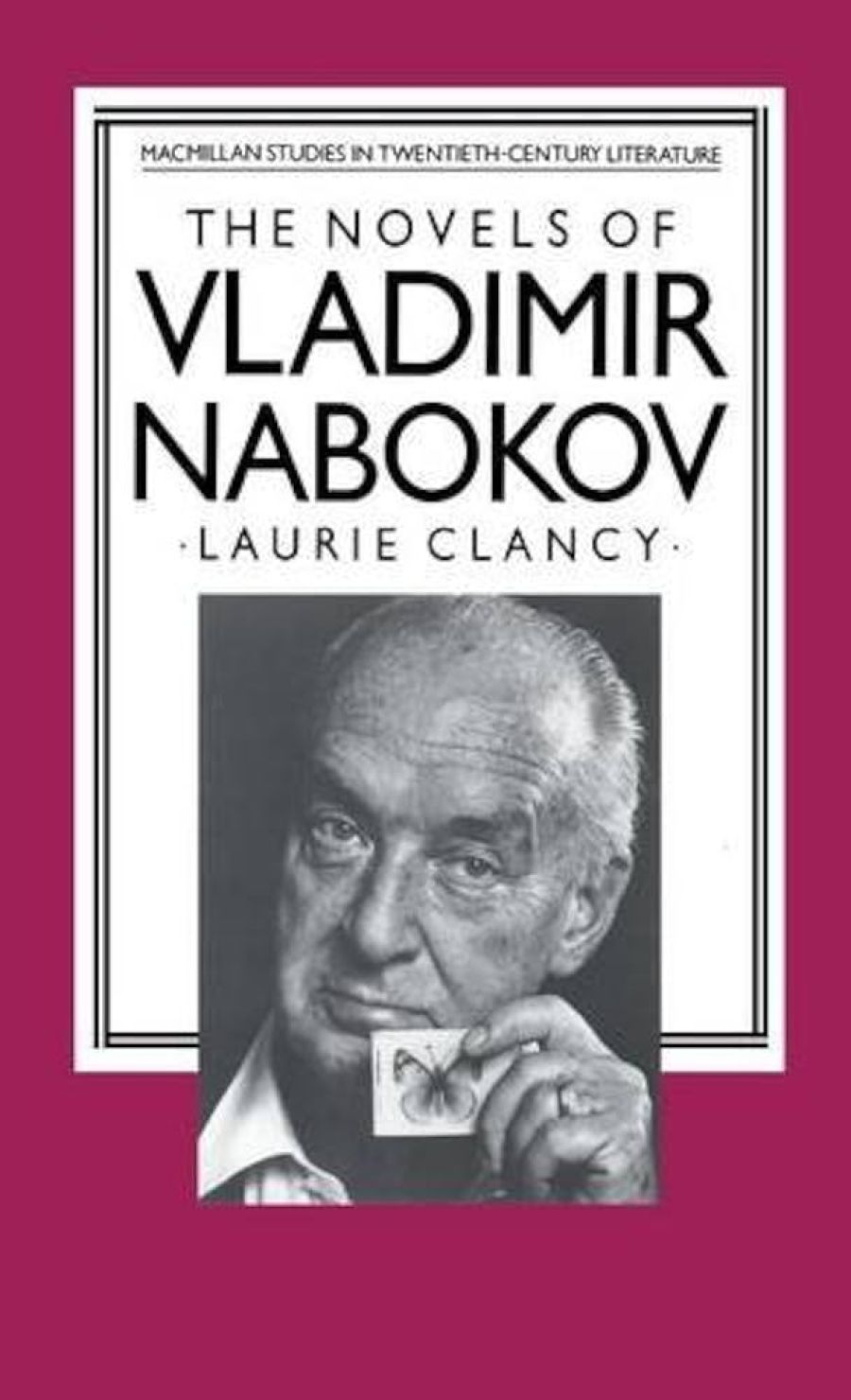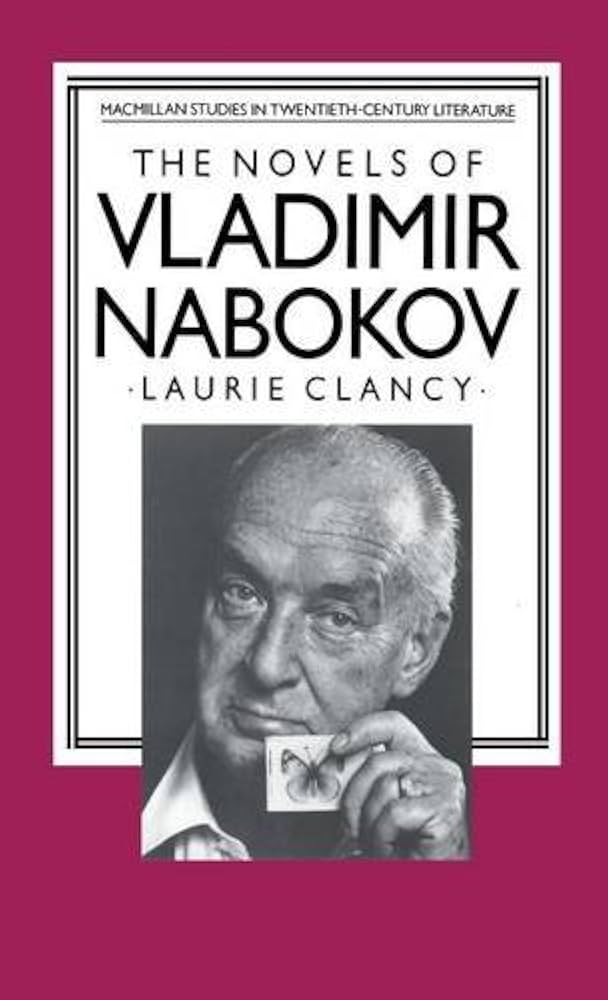
- Free Article: No
- Contents Category: Fiction
- Review Article: Yes
- Article Title: Play with morality
- Online Only: No
- Custom Highlight Text:
There is nowadays the new criticism and the old, and among the practitioners of both methodologies there are good and bad critics. Lauric Clancy makes no attempt or claim to ‘re-read’ (shorthand for applying various post-structural approaches to canonical works) Nabokov’s oeuvre and hence falls four-square (puns arc de rigueur when dealing with Nabokov) amongst the Bayleys rather than the Eagletons. While this position must inevitably indicate where Clancy stands in the wider debate, there may also be historical reasons for this stance in relation to a writer like Nabokov, whose work has received comparatively little attention despite – or perhaps because of– his globally provocative reputation.
- Book 1 Title: The Novels of Vladmir Nabokov
- Book 1 Biblio: Macmillan, 178pp., biblio., index, $42.00
- Book 1 Cover Small (400 x 600):

- Book 1 Cover (800 x 1200):

There are a few relatively straight books – such as those by Appel and Newman, and Stegner Page; and there are also the more obscure or oblique ones, such as Andrew Field’s more than artful Nabokov: His Life in Art, and the rather coyly named A Book of Things about Vladimir Nabokov, by the very recently deceased Carl Proffer (his death a great loss to anyone having to do with Russian literature in English). There is also the odd article by a notable writer: these include contributions by critics of the eminence of George Steiner and Lionel Trilling. Nevertheless, there is no real body of criticism of the kind that involves meaning and significance, the sense of platforms becoming springboards, that is now the standard treatment for more established writers.
Thus Clancy’s book, which may be described as introductory and descriptive, can also be called useful, for it provides quite a lot of basic information which is not set out so clearly anywhere else. The problems of writing and translation and chronology are explained in the Introduction, as are the main themes of the novels and of the oeuvre as a whole. Clancy takes the latter to be the relationship between the aesthetic and the human, and the play with morality that inhabits both. Nabokov only succeeds in achieving a union or fusion of the two in two novels: Lolita and Ada; but in these he succeeds so well that Humbert’s impassioned speech upon leaving Lolita for the last time ... “is one of the most poignant moments in twentieth-century fiction”, while Ada contains “among the most beautiful and imaginative renderings of passionate love in modern literature”.
The other novels fare less well. For example, in Pnin, Bend Sinister and Pale Fire, “the cleverness is often merely on the surface”. While it would be both unfair and untrue to suggest that these kind of statements in Clancy’s study are not backed up by example and argument, there is nevertheless a flatness about them which makes them precisely what 1 have just called them – statements. One does not want to disagree, for instance, with Clancy’s perception that Nabokov is frequently concerned with language, but one might look for a more searching analysis of the whole role of self-referentiality that Nabokov’s games with mistranslation, reviewing and parody constantly highlight, but which Clancy merely notes. Other questions also arise that Clancy does not attempt to tackle. Why did Nabokov detest Maupassant? What anxiety does the influence of Tolstoy exert? Are there reasons for the puns that a Freudian might be interested in, even if Clancy is not?
Answers will no doubt be provided to these kinds of enquiries if the highest claims for Nabokov are proved to be correct and he goes on to grow in stature and acquire the status if not of a classic at least of a canonical text. In the meantime we have what will no doubt prove to be to whatever numbers of students are given the novels of Nabokov to study a very useful handbook. It will teach them quite a lot about Nabokov and his works, but almost nothing about criticism of a truly serious nature.


Comments powered by CComment